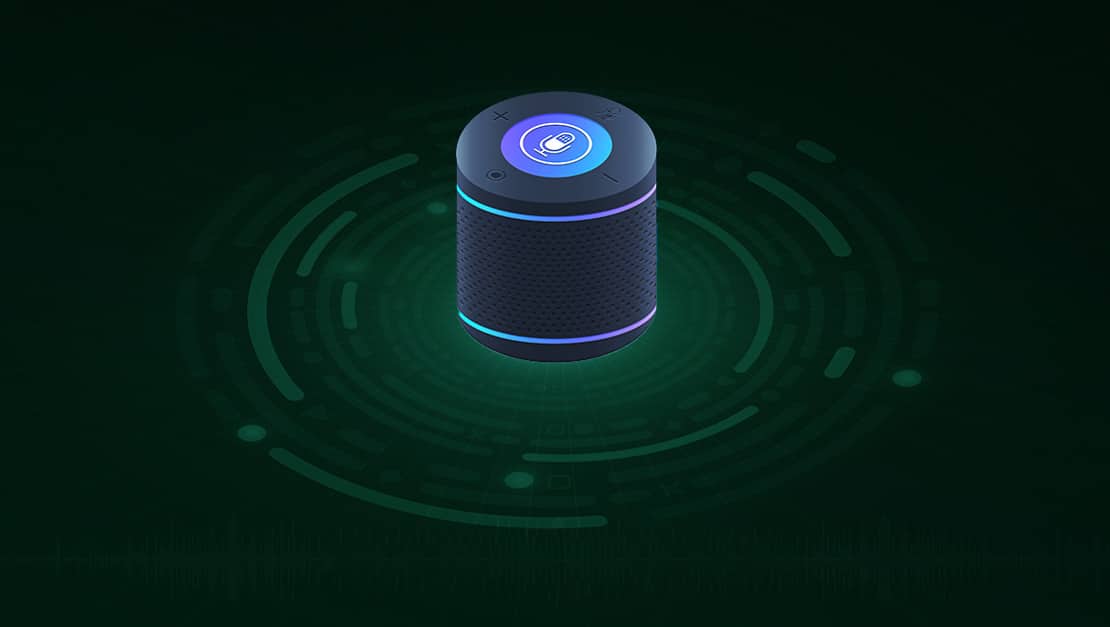Repetitive, manual tasks are prone to human error, which can cost your organization lost time and money. By automating these tasks, you can not only cut out opportunities for mistakes but in the process also optimize your existing workflows.
Thanks to artificial intelligence (AI), workflow automation is now easier than ever before. With multiple AI-driven technologies being used to automate business processes, automation is quickly becoming a more widespread and accessible tool for all types of businesses. The introduction of automation to new industries is paving the way for additional innovation while also helping business owners future-proof their organizations.
This blog post will look at the ins and outs of AI workflow automation, what technologies it uses, its benefits, use cases, and how platforms like aiOla are making it more accessible for traditional industries.
Understanding AI Workflow Automation
AI workflow automation relies on artificial intelligence technologies to streamline and automate business processes. Instead of using rule-based systems like traditional automation systems, AI enables companies to leverage advanced algorithms to help perform tasks without the need for human intervention.
Automation in these cases can be as simple as sending emails or as complex as conducting large data analyses, but with AI, any process can be automated to optimize workflows and help employees cut down on manual tasks. There are a few different technologies that allow workflow automation software to do this:
- Machine learning (ML): Using algorithms, machines can learn from input data to make important decisions and adapt to dynamic workflows
- Natural language processing (NLP): NLP technology enables machines to generate human-like language to improve communication within processes
- Computer vision: Computer vision technology allows machines to analyze and interpret visual data to create opportunities for automation involving visuals
The Impact of AI on Workflow Automation
Research from McKinsey shows that AI can enable automation in up to 70% of business activities in many industries by 2030. With so many companies able to use workflow automation in their day-to-day, many still aren’t on board. While many companies are wary of AI tools affecting employees and remain skeptical about their capabilities, the organizations that are using them for automation are already reaping the benefits. Here’s a closer look at some of the advantages that come with using AI to automate workflows.
Efficiency and Productivity
With AI automation, routine tasks like data entry, analytics, or even handling certain customer inquiries can be put on auto-pilot. Thanks to AI automation, companies can reduce time and resources associated with manual work as well as opportunities for human error, leading to an overall increase in productivity. This opens the door for employees to focus on more strategic and high-level tasks that require creativity and human judgment while AI takes care of the rest.
Decision Making and Insights
AI is much better equipped to handle massive datasets than humans, analyzing them at a much quicker pace. By having AI automatically process large quantities of data, it can offer meaningful insights that help with big-picture planning and strategy. By analyzing quantities of data, AI can discern trends, forecast future outcomes, or even make recommendations based on historical data, allowing organizations to make quick decisions based on real-time, accurate data.
Customization and Flexibility
With AI, businesses can stay more flexible and adaptable to evolving market changes. By learning from previous interactions, data, and workflows, AI can adjust processes accordingly, creating custom experiences for both employees and customers. These personalizations allow companies to remain competitive in a fast-paced business world as they’re able to quickly and reliably adapt workflows to respond to unfolding demands, trends, and challenges.
Key Applications of AI Workflow Automation
AI-powered workflow automation can take on a lot of different forms in multiple industries. While it’s often associated with primarily tech-driven industries, using AI for workflow automation can be helpful for a wide variety of businesses. Let’s take a look at some of the main ways it’s applied in certain industries.
Customer Service
AI automations in customer service are paving the way for better client interactions and overall more positive experiences. AI-powered chatbots and virtual assistants are automating interactions with customers by handling common inquiries, providing information, and completing transactions. This helps customer service teams improve response time and overall customer satisfaction. By automating these workflows using AI, companies can decrease the burden on service agents, freeing them up to focus on more involved customer issues that need their intervention. Companies using modern AI systems in their customer service teams are seeing up to 30% quicker resolution times and an increase in customer satisfaction levels.
Human Resources
HR departments are using AI in workflow automation to help streamline recruiting. By automating processes like recruitment, candidate vetting, onboarding, and even performance management, HR teams can save a lot of time. AI enables teams to screen applicants, which helps HR representatives weed out the relevant candidates from the rest. Using AI, HR teams can manage employees and onboarding more efficiently by shifting their focus to finding the highest-quality candidates and helping them integrate into a workforce successfully. According to a survey, 93% of employers who automated parts of their acquisition processes report better efficiency and time savings.
Finance and Accounting
There are many ways that AI automation workflows are influencing procedures in finance-based teams. Automation is changing the way we work with accounting programs, putting a lot of the manual work on autopilot. Invoice processing, expense management, financial forecasting, and other processes now rely on AI automation. With AI systems, finance and accounting teams can gather and analyze data from financial data and invoices to gain reliable insights. With these automated tasks, organizations can ensure their finance processes are more efficient, less prone to error, and insights are based on up-to-date data.
Marketing and Sales
So much of marketing and sales tasks are now being automated by AI systems, such as lead generation and nurturing, segmenting customers, and even content distribution. Sales and marketing teams rely on AI algorithms to analyze large amounts of customer data to make marketing messages more tailored to each client, a manual process that would have taken a huge amount of time and resources for employees. Marketing teams can use these insights to improve marketing campaigns to target the right audience, leading to better sales and engagement levels.
Best Practices for Implementing AI Workflow Automation
While AI workflow automations stand to bring a lot of benefits to many industries, without careful implementation planning, the technology may not be used to its full potential. Additionally, implementation challenges such as workforce adaptation may make it difficult to integrate new AI technologies into your existing workflows. That said, by keeping a few best practices front and center, you can ensure your team is ready for AI automation adoption.
- Define objectives: Clearly define the goals you want to achieve with AI workflow automation, such as processes or manual tasks you want it to impact
- Data quality: Ensure that the data you have going into your AI system is high-quality to begin with by checking that it’s relevant, accessible, and up-to-date. Since AI relies on data from training models, having reliable data from the start can make all the difference
- Employee training: Offer comprehensive training programs to employees so they understand not only how to use new AI automation tools, but how it benefits them and improves their workflows
- Communication and collaboration: Encourage ongoing communication between different teams so that everyone is aligned on AI implementation goals and strategies
- Monitor successes and shortcomings: Continuously evaluate the performance of your AI system along with employee performance and feedback to see how you can make improvements and ensure more efficient use and integration of new technology
Speak Workflow Automation Into Action With aiOla
With so many AI automation tools on the market, assessing which one fits your company’s needs can be time-consuming. Many require long implementation processes that can be disruptive to your current workflows and projects. However, with speech-based AI platforms like aiOla, the implementation process is a lot quicker, letting you put automated workflows into action with minimal delay.
aiOla is an AI-powered speech platform that empowers organizations to collect critical data through speech. With aiOla, companies can automate multiple workflows entirely through speech alone, encouraging hands-free operation and continuous focus on the task at hand. Here’s how:
- aiOla can understand over 100 languages, including different accents, dialects, and industry jargon, so your data collection will represent a diverse range of accurate data
- Using speech alone, aiOla can detect important data and keywords that trigger automations, making workflows like inspections quicker and more efficient
- With no long implementation process, companies using aiOla can get started quickly without a steep learning curve for employees
Manual workflows can be automated in a matter of seconds using only natural language, saving organizations time, increasing production time, and improving their bottom line. Not only that, but aiOla makes this technology accessible to any industry, including more traditional ones like manufacturing, food safety, and fleet management.
Automate Your Workflows with aiOla
Using AI for workflow automation is a great way to give your business a boost. With AI systems like aiOla, you can save time, money, and resources and refocus those assets in other aspects of your business.
Additionally, Harnessing the power of speech data can further bolster your automation capabilities by ensuring employees remain hands-free and focused on a task, increasing safety in the workplace, reducing downtime, and improving production.
Book a demo with one of our experts to see how aiOla can help you implement AI workflow automation in your organization.








